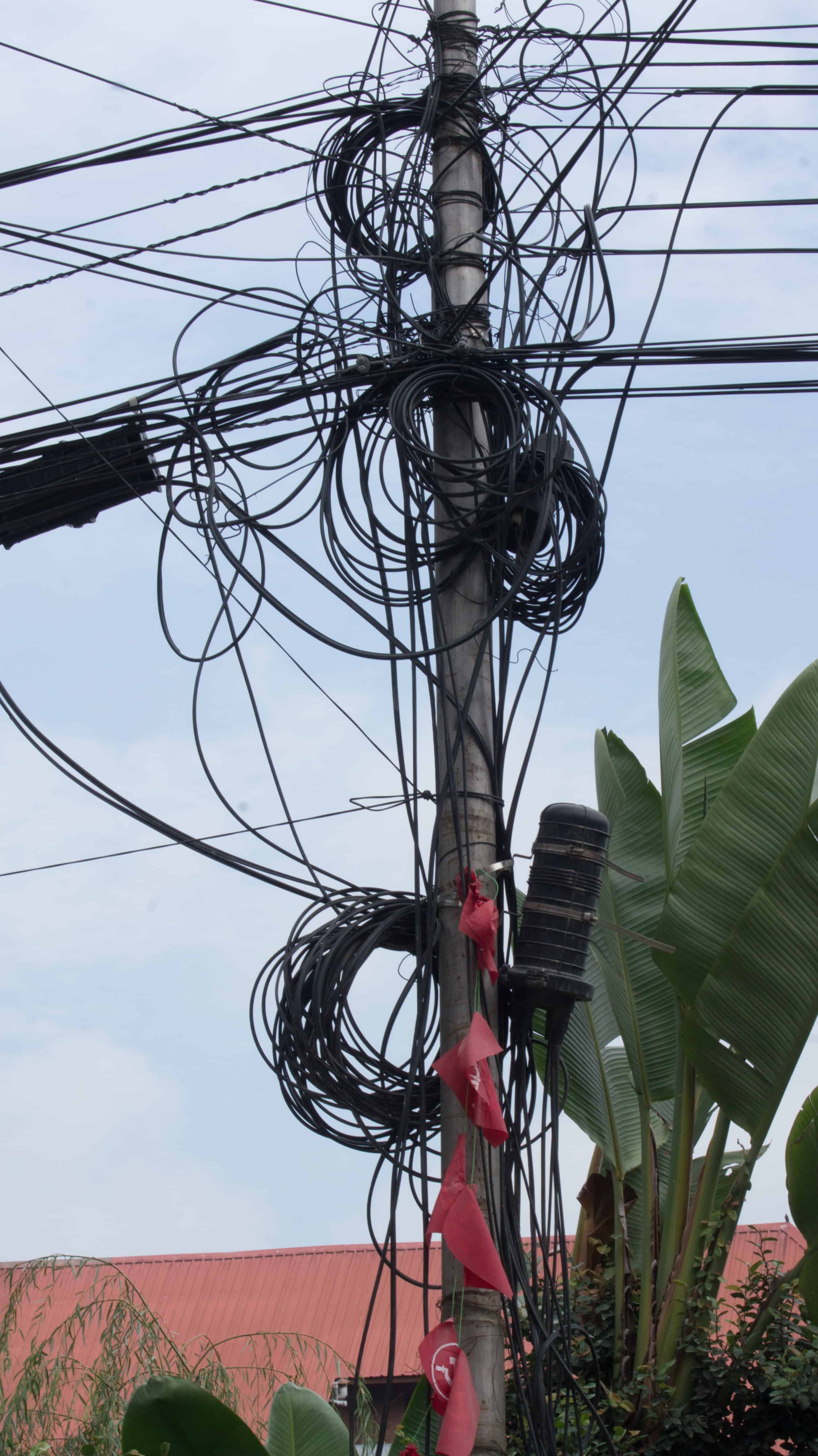
Reliability and Customer Service
As reliability professionals know, products fail. They fail for a wide range of reasons and over a broad span of time. We know it happens.
This doesn’t help when it impacts us directly though. When we purchase a product or service, it should just work. We know the odds, we know better, yet the sting of failure remains.
Customer Service provides a range of services, one of which is helping customers receive the benefit of their purchase. We call customer service to report a failure and expect their help making it right. [Read more…]













 Ask a question or send along a comment.
Please login to view and use the contact form.
Ask a question or send along a comment.
Please login to view and use the contact form.